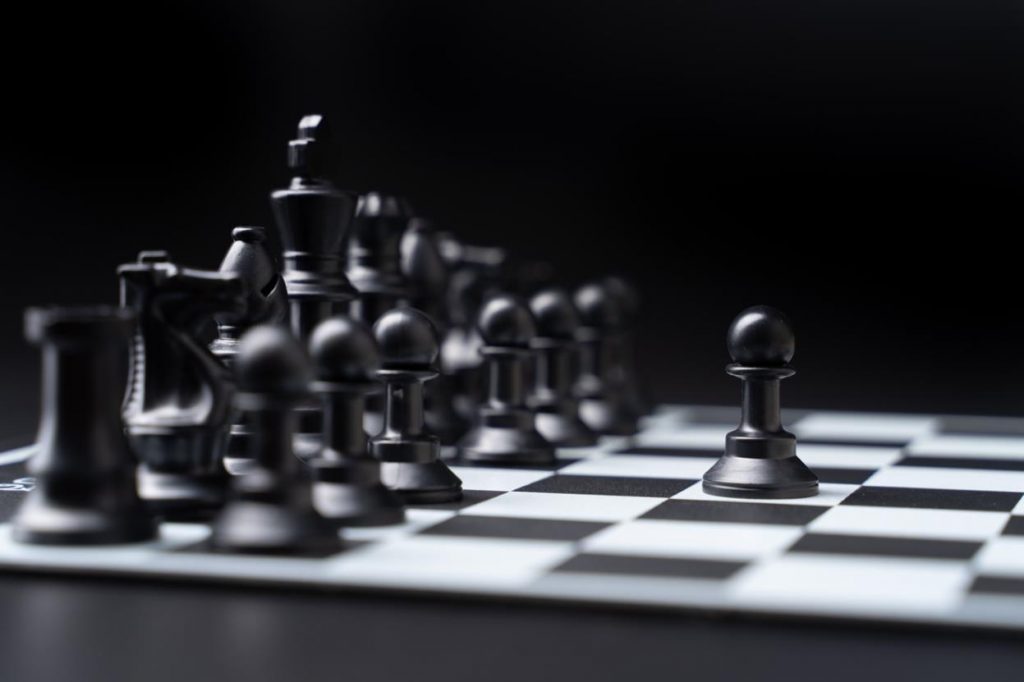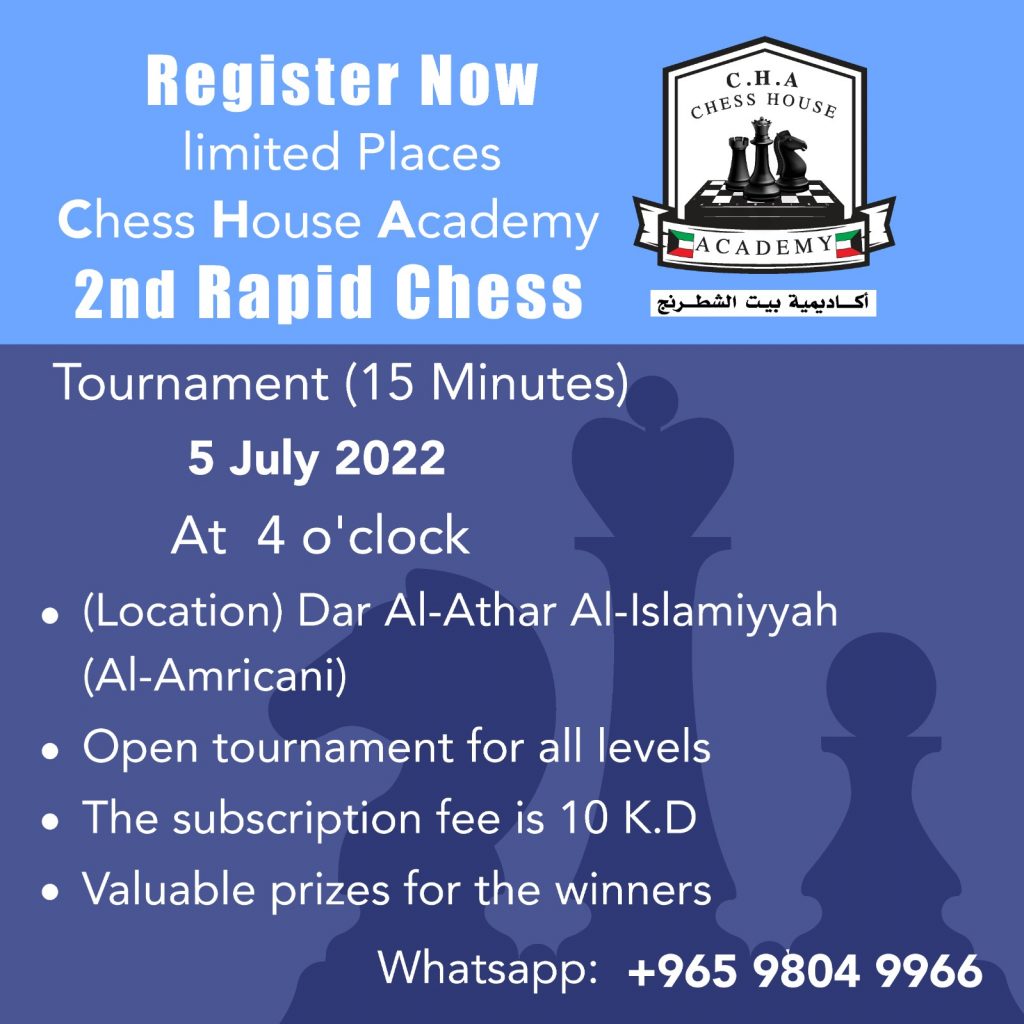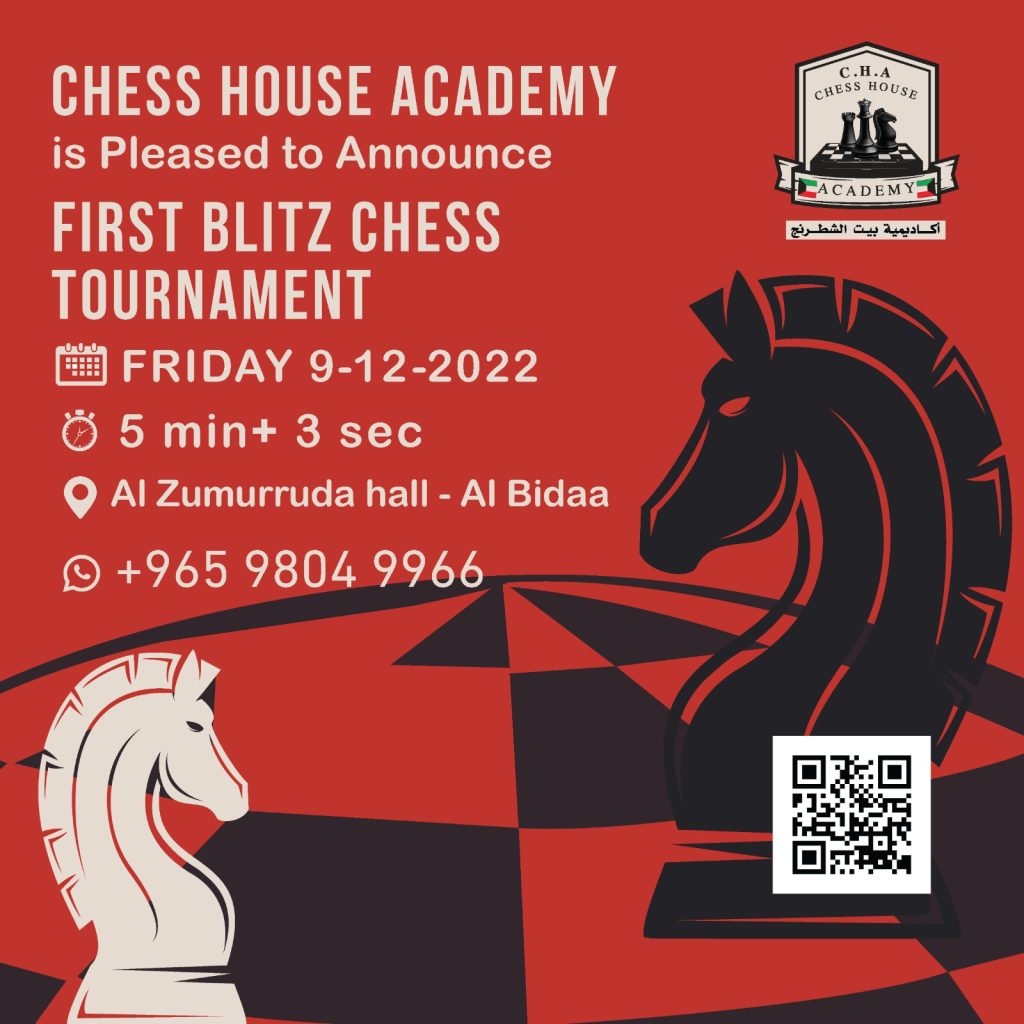There’s a mini-tradition in chess that the loser of a world championship match tends to
rebound with strong tournament results immediately after. That was the case for Tal at Bled
1961, for Petrosian and Spassky in the Soviet championships, respectively, of 1969 and 1973.
And such was the case for Schlechter at Hamburg 1910. He had played at a remarkably high
level in the Lasker match – decades in advance of chess theory, in the estimation of some
later writers – and his form held for the very strong German chess congress later that year.
He won with a score of +7 – a half point ahead of Duras, who had become his main
tournament rival. Duras won their individual game, a marathon 109 move affair.





